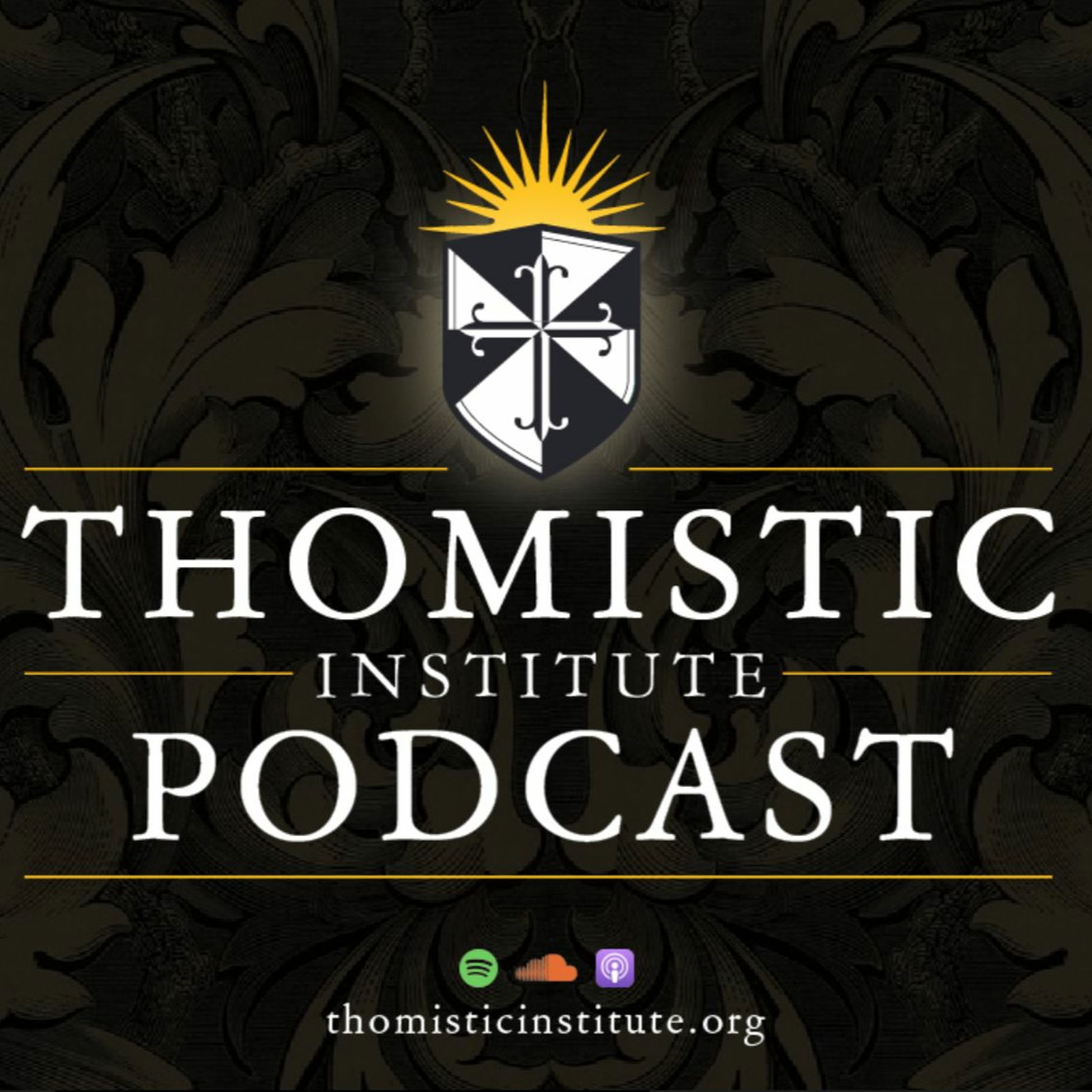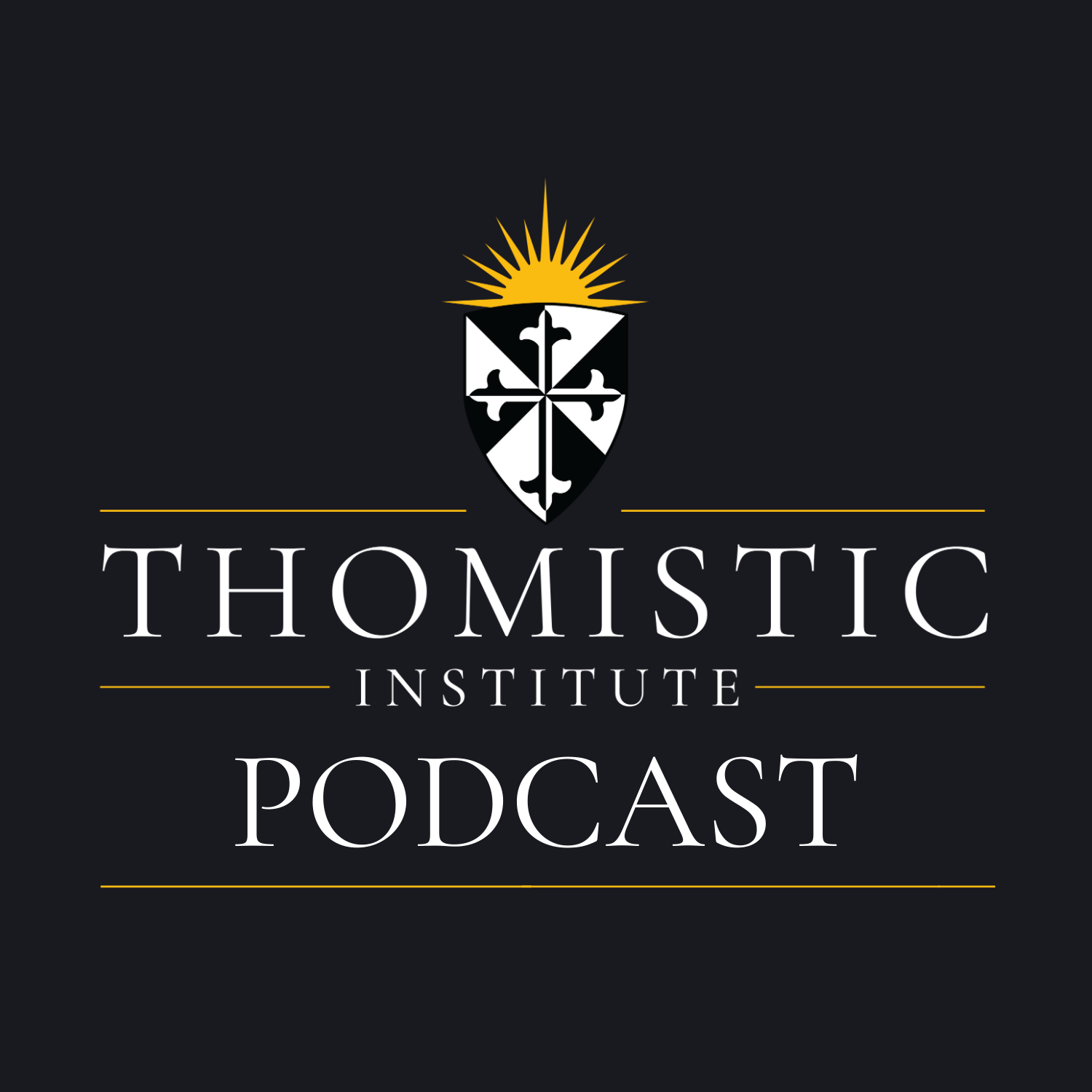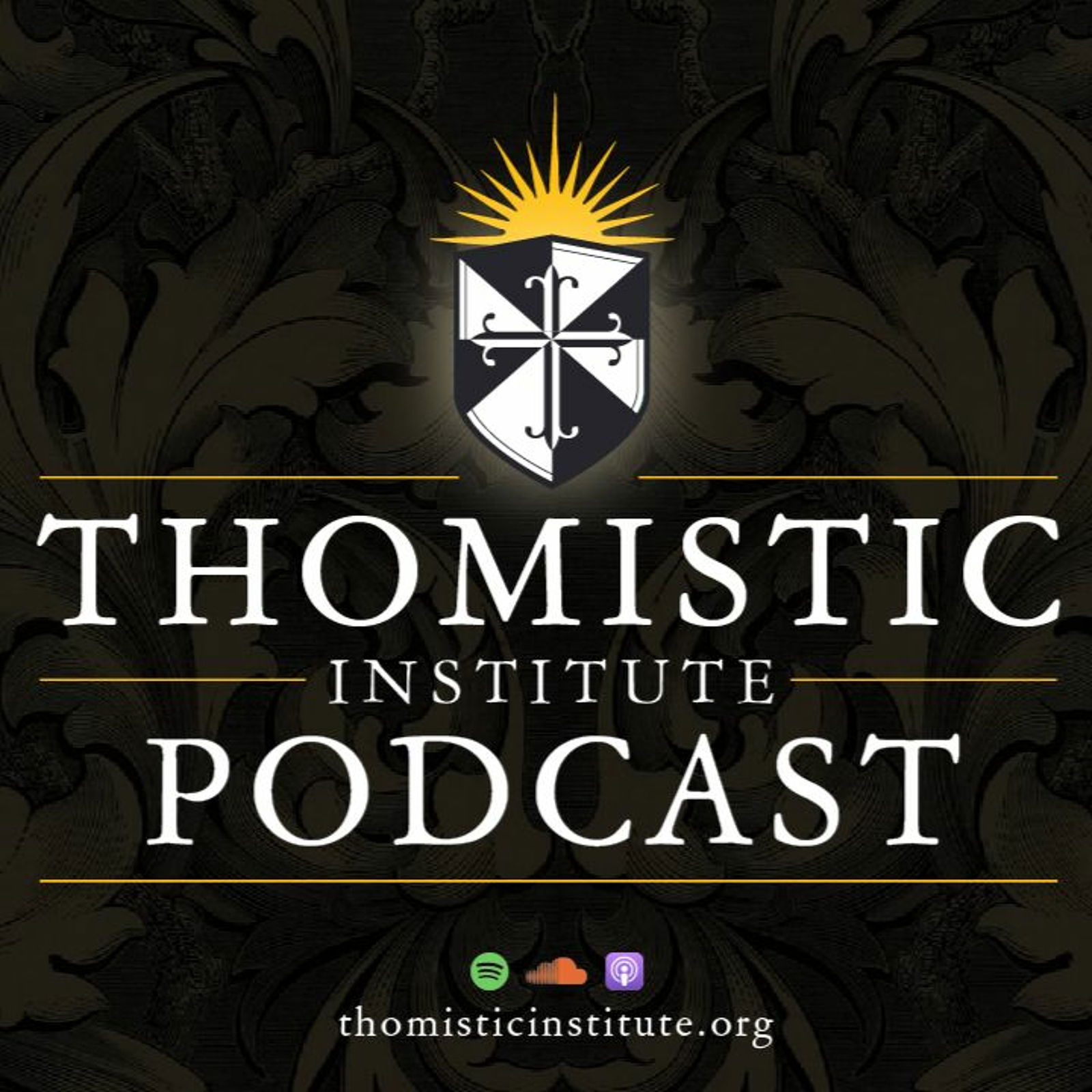Aristotle on the Impossibility of Defining Life | Prof. Christopher Frey

This lecture was given on October 14, 2022, as part of the Thomistic Circles conference entitled, "Life in the Cosmos: Contemporary Science, Philosophy, and Theology on the Origin and Persistence of Life on Earth(and Beyond?)."
The two-day confere...
This lecture was given on October 14, 2022, as part of the Thomistic Circles conference entitled, "Life in the Cosmos: Contemporary Science, Philosophy, and Theology on the Origin and Persistence of Life on Earth(and Beyond?)."The two-day conference at the Dominican House of Studies in Washington, D.C. featured a stellar, cross-disciplinary lineup of speakers: scientists Jonathan Lunine (Cornell University) and Maureen Condic (University of Utah), philosopher Christopher Frey (University of South Carolina), and theologian Fr. Mauriusz Tabaczek, O.P. (Angelicum).This conference is part of the Thomistic Institute’s Scientia Project.For more information on upcoming events, please visit our website at thomisticinstitute.orgAbout the speaker:Christopher Frey is an associate professor in the department of philosophy at the University of South Carolina. Prof. Frey works primarily in Ancient Greek philosophy, especially Aristotle’s natural philosophy and metaphysics. He is writing a book entitled The Principle of Life: Aristotelian Souls in an Inanimate World. It concerns the distinction between the animate and the inanimate, the unity of living organisms, nutrition, birth, death, and, more generally, what one’s metaphysical worldview looks like if one takes life to be central. He also works in contemporary philosophy of perception and mind and has written extensively on the relationship between the intentionality and phenomenality of perceptual experience. In addition to these two main areas of research, he has secondary projects in metaphysics, the philosophy of action, Medieval philosophy, Early Modern philosophy, and the history of analytic philosophy.











